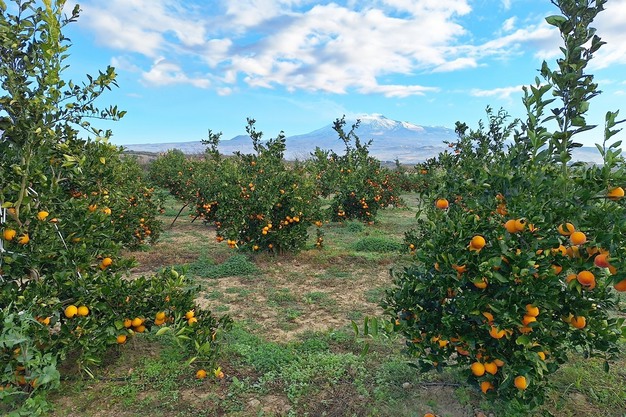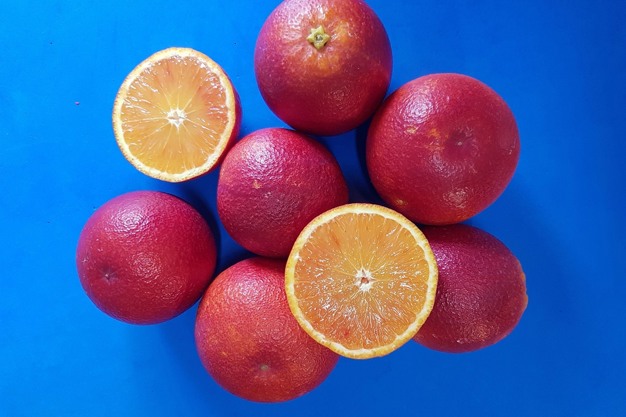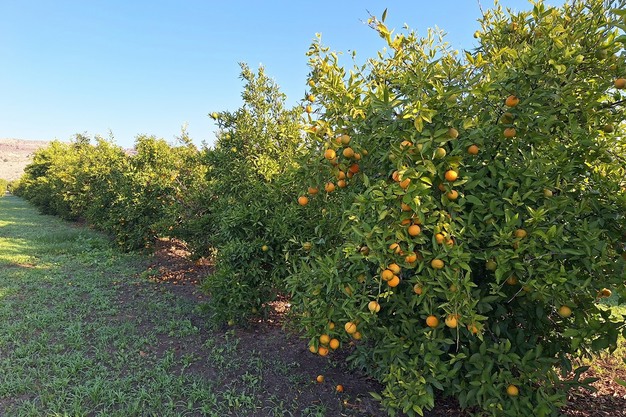"Research in the citrus fruit sector has many objectives: for example, interest in red tangerines has recently grown," reports Marco Caruso (researcher at CREA Acireale), one of the coordinators of the "Citrus fruits" session for VIP (Varieties International Project) at Macfrut, (Rimini, 6-7 May 2025) alongside Professor Stefano La Malfa of the University of Catania.
 © Marco Caruso, CREA
© Marco Caruso, CREA
"The pigmentation that gives the peel and flesh a red hue is increasingly sought after abroad as well. We have been working on several experiments at CREA, but they are focusing on this abroad as well, in Spain and Korea, for example. The red colour is not just a mere aesthetic factor, since the anthocyanins, i.e. the pigments that develop such colour, are powerful antioxidants."
"Years of evaluations of pigmented hybrids obtained by CREA have shown that the anthocyanin colouration, which is stimulated by low temperatures, varies significantly depending on the growing area. The current challenge is to obtain new red tangerine varieties that have a stable and uniform colour and are less and less dependent on chill hours."
 © Marco Caruso, CREA
© Marco Caruso, CREA
While appearance is important, the seedless characteristic is now an indispensable feature of all newly developed citrus fruits. It is also a priority to expand the varietal offer of late ripening tangerines.
As for the role of research, "close cooperation between public research institutions and private companies is essential, because it is the market that decides on the success of a variety. We must also develop varieties able to adapt to the current climatic extremes and that have resistance to the main physiopathologies and phytopathologies, such as brown spot caused by Alternaria alternata, which is becoming increasingly widespread nationwide. Farmers want citrus fruits that are productive and easy to grow, while consumers want them good, easy to peel and seedless, so it is certainly not easy to find the right compromise."
 © Marco Caruso, CREA
© Marco Caruso, CREA
Grapefruits are also the focus of various breeding programmes worldwide, including that of CREA. "Grapefruit consumption has declined sharply worldwide in recent years due to problems caused by furanocoumarins, a class of substances that is very much present in this citrus fruit and that can interact negatively with certain groups of drugs. For this reason, many research groups are working on creating grapefruit hybrids with a low furanocoumarin content."
"The adaptability of the selections to climate and the environment is crucial; that is why it is very important to collaborate with farmers for a continuous comparison on how the plants under test react to stress and adapt to different growing environments."
For more information
www.macfrut.com
V.I.P. programme
www.crea.gov.it

